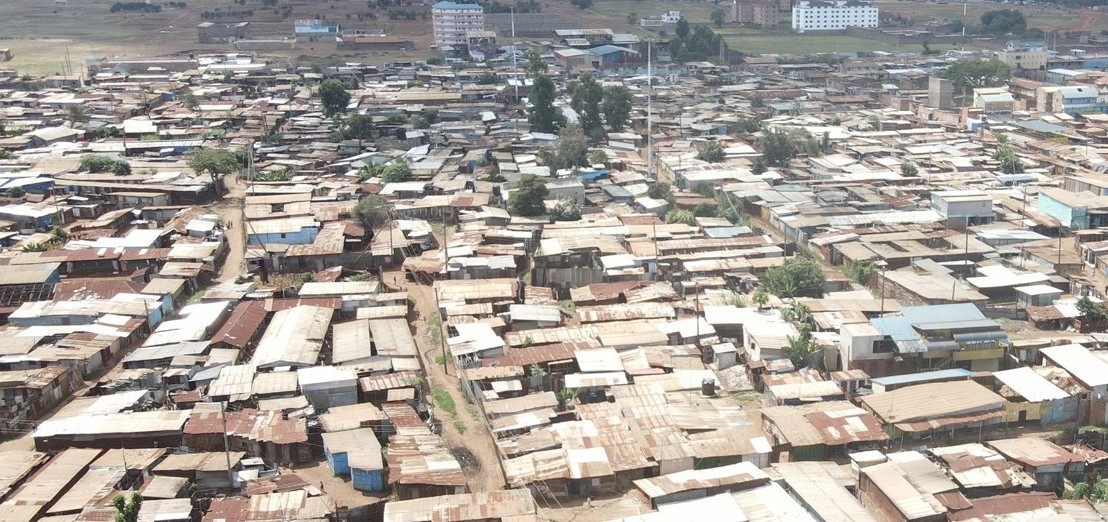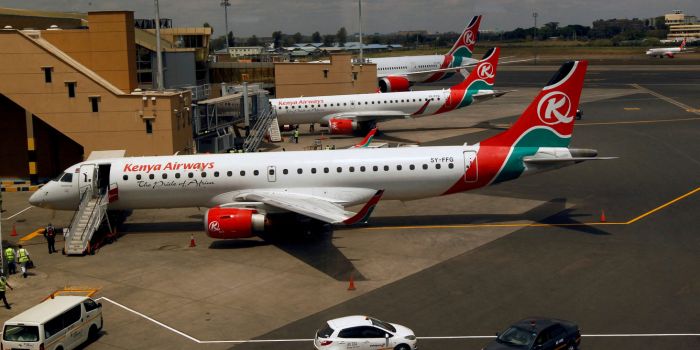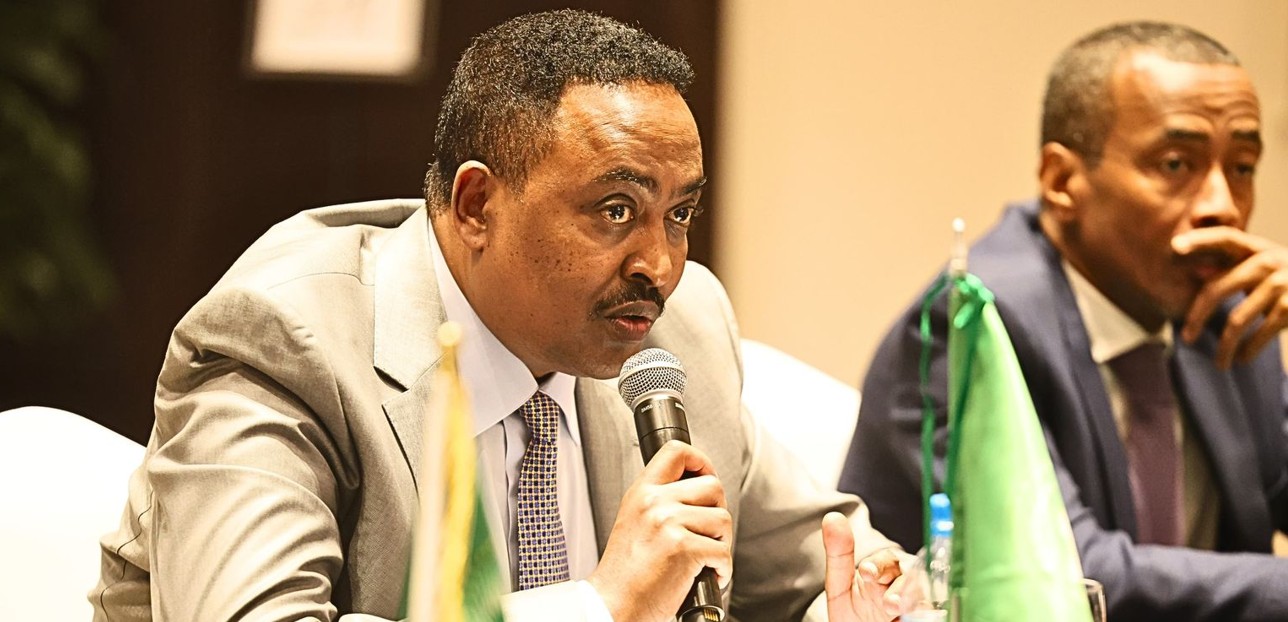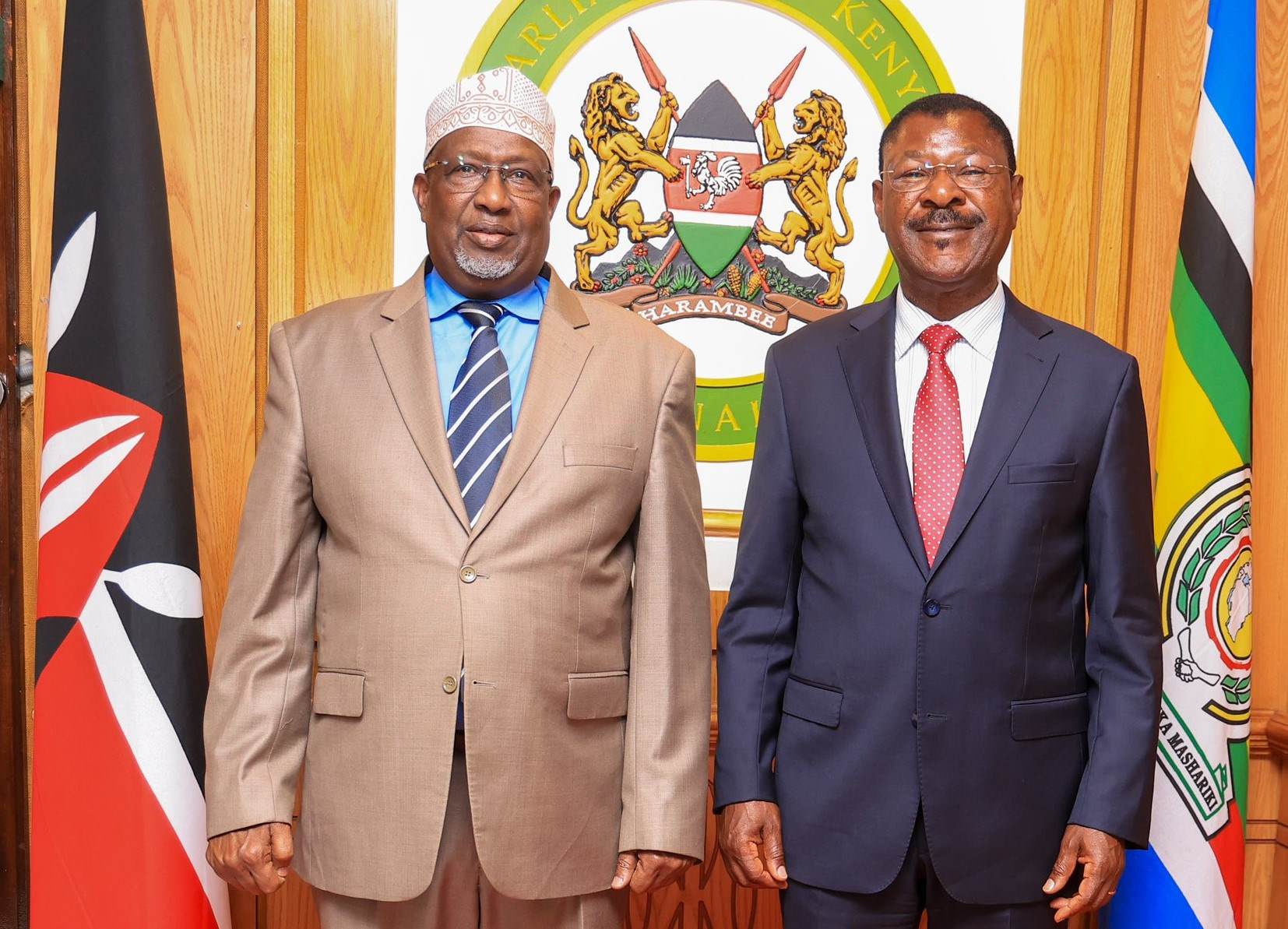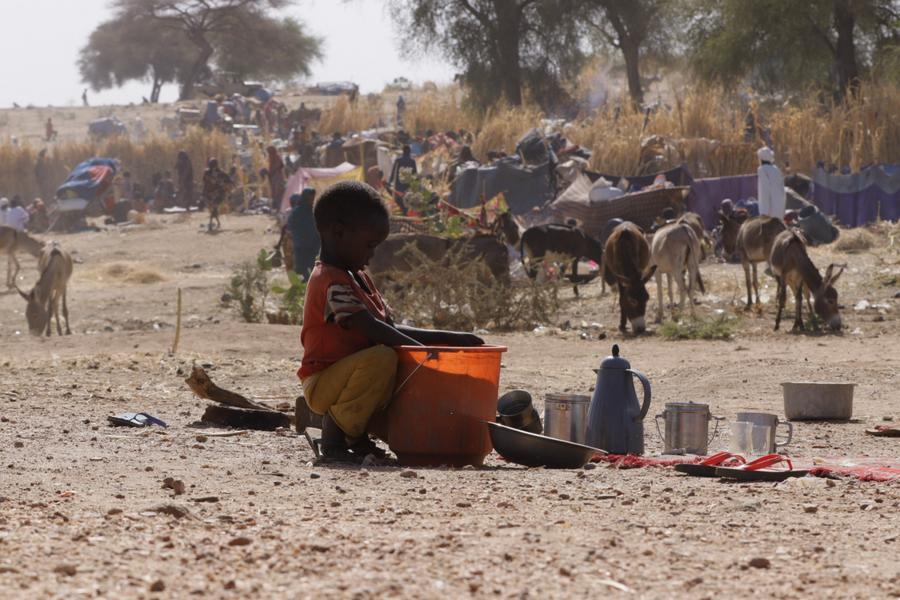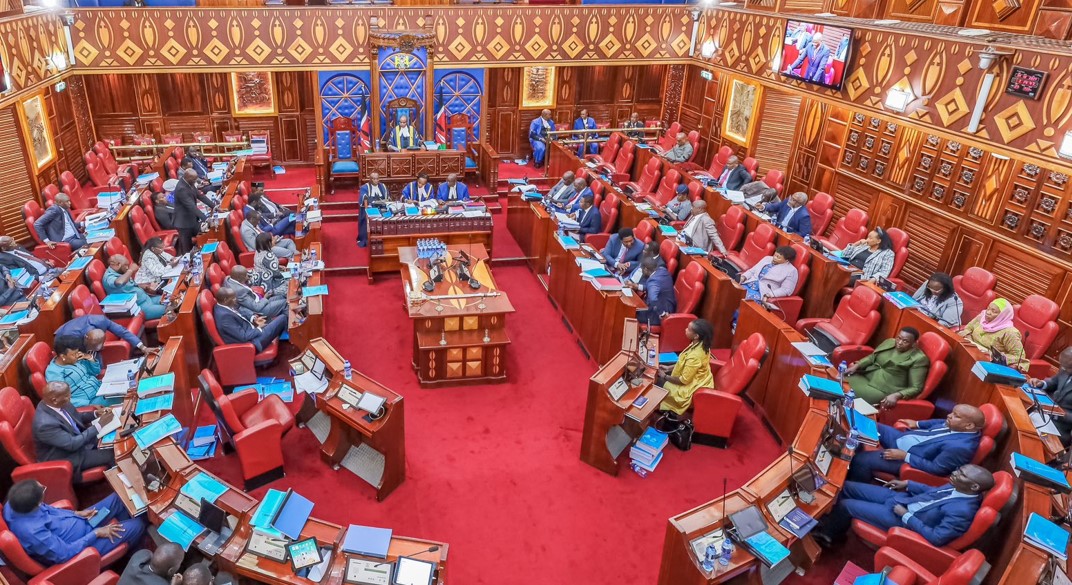Government owes private universities Sh48.8 billion in unpaid student funding, MPs told

The Kenya Association of Private Universities (KAPU) told the legislators that despite submitting detailed claims to the Treasury and Ministry of Education, payments remain pending, leaving universities to cover costs from their reserves.
The government owes private universities an estimated Sh48.8 billion, a debt that has accumulated since 2016 when government-sponsored students began joining these institutions through the Kenya Universities and Colleges Central Placement Service (KUCCPS).
Appearing before the National Assembly's Departmental Committee on Education on Tuesday, the Kenya Association of Private Universities (KAPU) told the legislators that despite submitting detailed claims to the Treasury and Ministry of Education, payments remain pending, leaving universities to cover costs from their reserves.
More To Read
- Koitaleel, Maasai Mara universities under fire over missing records, unapproved payments
- KUCCPS directs universities, colleges to submit courses for 2026 placements
- Government to establish police posts near colleges, universities to curb campus crime - CS Murkomen
- Over 700,000 KCSE candidates yet to be placed in colleges or training centres, KUCCPS reveals
- Kenyan private universities outshine public ones in attracting foreign students
- Public universities face lecturer shortage despite rising enrolments, says CUE
“We have submitted details of the pending bills to the National Treasury, the Universities Fund, and the Ministry of Education. The Ministry has previously acknowledged the debt, and we have also presented our case to the Pending Bills Committee of the National Treasury,” Senior representatives of private universities led by Catholic University of Eastern Africa Vice Chancellor Stephen Mbugua said.
He noted that prior to 2016, private universities were financially stable as they admitted students directly. However, the KUCCPS placement system and delayed release of Differentiated Unit Cost funds have forced institutions to finance education from their own reserves.
“While the government undertook to meet 80 per cent of the tuition fee for government-sponsored students, the disbursement process has not been smooth, forcing universities to finance learning from their reserves,” he added.
Committee chairperson and Tinderet MP Julius Melly acknowledged the critical role of private universities in expanding higher education access but questioned the accuracy of data on government-sponsored student enrolment.
“When I look at your documents, you have a very large government-sponsored student population across all private universities. Have these students been ascertained by the Ministry of Education and the Commission for University Education? How many have dropped out and how many are still continuing?” he posed.
Baringo North MP Joshua Makilap stressed the need for accurate data, emphasising that verified figures on graduations, deferrals and dropouts are crucial when considering funding and pending bills.
“We need accurate data. How many students have graduated, how many have deferred, and how many have dropped out? This information is crucial as we look into funding and pending bills,” he said.
Moiben MP Phylis Bartoo echoed the call for verified data, warning that without accurate student records, proper budget allocation would be difficult.
Committee members also raised concerns over faculty academic qualifications. Melly asked how many lecturers in private universities lack PhDs or are still pursuing them, and challenged institutions to develop market-relevant programmes.
“A number of universities in Kenya, both public and private, have been blamed for offering unmarketable degree programmes. What are you doing to build your niche?” he posed.
Siaya County MP Christine Odhiambo pressed KAPU to outline alternative revenue streams to address pending bills and enhance financial sustainability.
“What income-generating activities are you engaged in to supplement your income and become more sustainable?” she posed.
KAPU requested a review of the Sh320,000 programme approval fee charged by the Ministry of Education and CUE, describing it as unsustainable, particularly for universities offering more than 100 programmes.
The Committee directed KAPU to consolidate and submit verified data on government-sponsored student enrolment, deferrals and graduations from 2016 to date, and to engage the Pending Bills Committee of the National Treasury to authenticate all claims.
“You need to ensure that your pending bills are certified by the National Treasury’s Pending Bills Committee. This Committee will work with you, the Ministry of Education and the Treasury to resolve these issues so that private universities can continue offering quality education,” Melly said.
On policy, the Committee asked KAPU to propose amendments to the Universities (Amendment) Bill aimed at strengthening the higher education sector.
Top Stories Today

